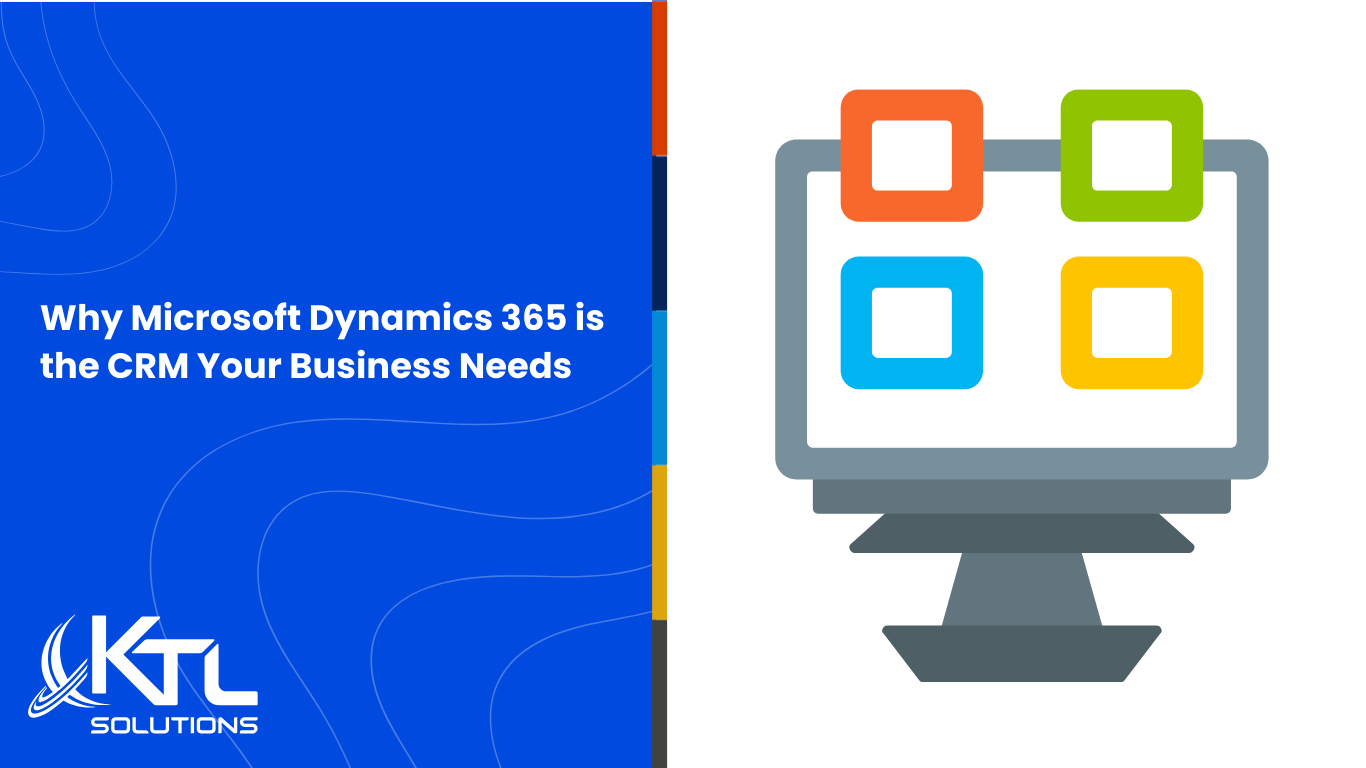The first question to ask is what do you mean by integrate data into your ERP? When I say integrate data into your ERP what I am talking about is taking out the step of manual entry of transactions to loading large batches at once. There are multiple ways to integrate data into your ERP software and you can integrate all types of data.
Why integrate and not manual enter?
-
User error People make mistakes and if you have a user that is entering a batch of invoices or payments there is always the chance that the user can mis read the invoice, apply the transaction to the wrong customer or vendor or transpose numbers.
-
Speed A user can enter and type at a certain pace. However if you are loading a batch of transactions thru an integration they can be loaded much faster.
What type of transactions can you integrate?
-
GL transactions
-
With GP2015 you can copy and paste a journal entry from excel to GP journal entry transaction screen.
-
If you have large journal entries for example a payroll entry from that you get from your payroll company you can easily import that file into GP instead of data entry or copy and paste.
-
Receivable transactions
-
You can create a txt file with your invoices either SOP invoices with items or regular receivable invoices and import this into GP without having to enter anything manually.
-
Cash Receipts you can build an integration to pull the cash payment in and apply it to a receivable document.
-
Payables transaction
-
You can import vendor invoices to be paid directly into GP
What do you use to import data into your ERP?
-
Integration manager
-
Anyone who has used Great Plains should be familiar with integration manager. This allows you to take an excel file and turn it into a txt or csv file and build an integration and import data into GP.
-
With integration manager the user has to run an integration to pull it into gp and there is no security for the users if you have access to IM you can run any file.
-
Smart Connect
-
With smart connect you have to option to schedule integrations into your ERP set with a date or time or just run when the file is dropped into a folder.
-
Smart Connect also have excel templates created to use that mirror the GP transaction screens so that you can have users entering GP transactions without using a GP license
How do I select an integration for my ERP?
-
Evaluate how your transactions are currently being entered into Gp and how many transactions do you have?
-
If you have transactions on excel files you can use integration manager to import into your ERP.
-
Do your transactions come from a software outside of your ERP and then get manually entered into your ERP?
-
If you are using programs outside of your ERP and from there you are given a file to import the better choice for you would be Smart Connect. With Smart Connect you can drop a file into a folder and schedule it to be pulled into your ERP automatically.
-
Do you need additional licenses for your ERP just so that users can process transactions?
-
If you use smart connect you will have access to excel templates that mirror the transaction screens from GP and that will allow a user to enter data into GP without using a GP license.
Again to ask the question should I look into creating an integration for my data or continue to manually enter transactions? How many transactions do you enter daily? Are there a lot of errors on your manually entered transactions? Is it possible to put your data into a txt file? If you have answered yes to any of these questions that yes building an integration for your data will be a great option for your company.
COLLEEN WILLIAMS | COO, Consultant Lead
Colleen graduated with a Bachelors of Science Degree in Accounting from California State University San Bernardino. She has extensive accounting experience over the past years working as staff accounting and controller. Colleen has over 10 years Great Plains experience which includes many implementations for private companies. She also has extensive experience with Business Intelligence, budgeting and report writing while working on BI360, QuickBooks, Oracle, PeopleSoft, Timberline and Solomon. Colleen has worked in various industries that include: real estate, property management, timeshare sales, publishing and insurance. These various industries have given her the necessary experience to handle large company consolidations and report writing, budgeting and forecasting, project accounting, sales invoice processing, and fixed assets.




































